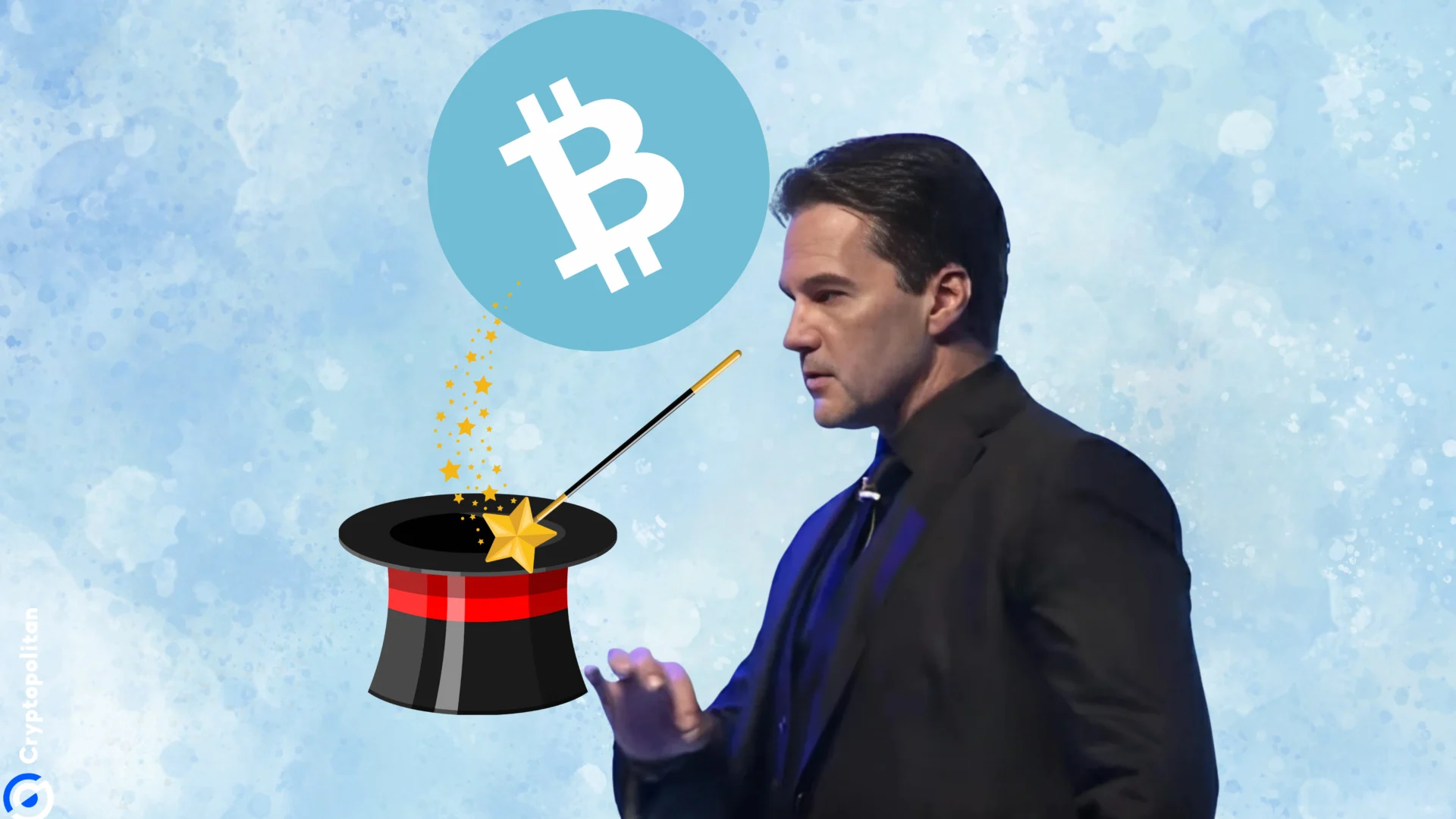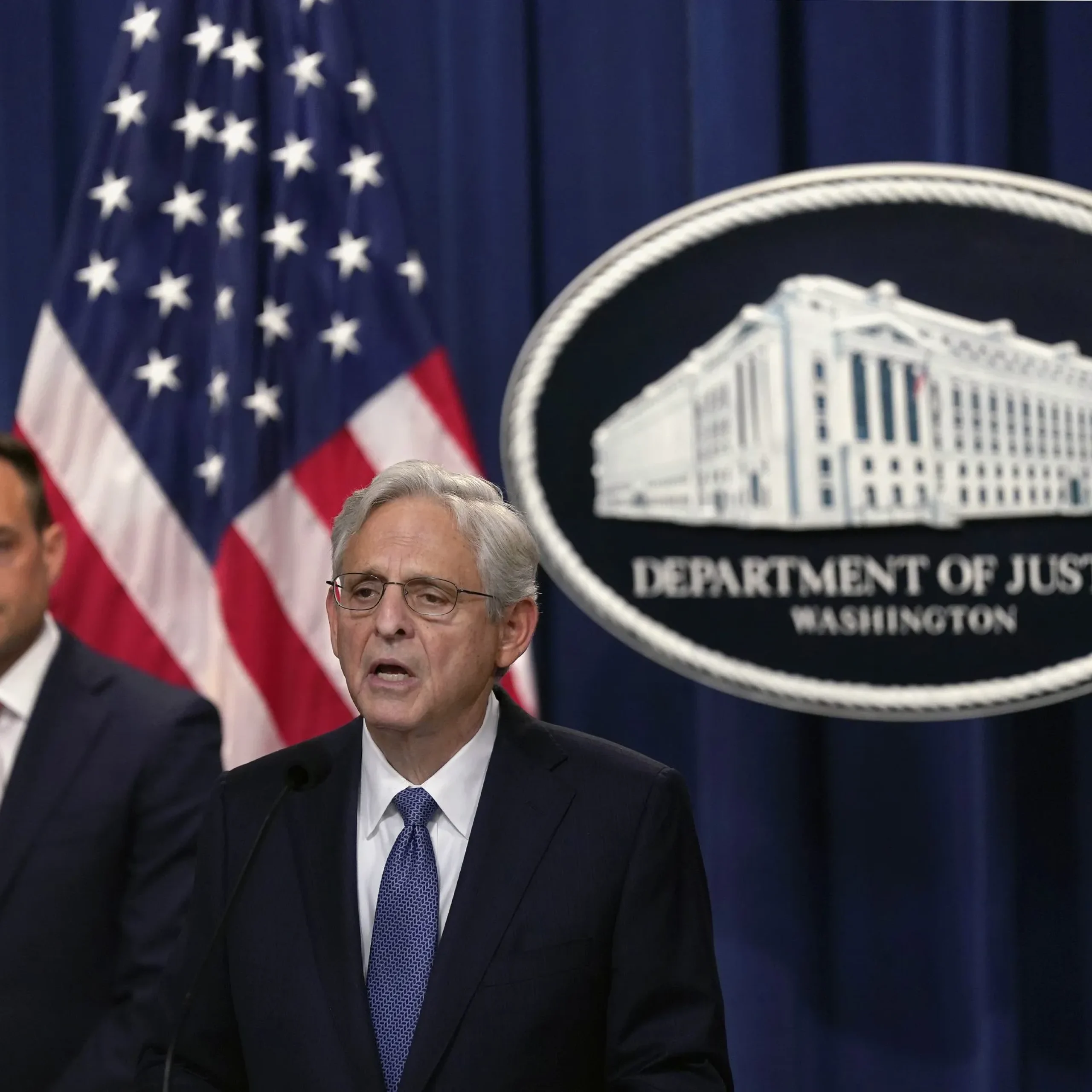Craig Wright’s at it again. The man who still genuinely believes that he is Bitcoin’s creator Satoshi Nakamoto has launched a brand new legal attack.
This time, he’s suing Bitcoin Core developers and Square Up Europe Ltd. for £911 billion (around $1 trillion) over the use of the $BTC ticker.
The lawsuit, absurd in both its size and reasoning, alleges that Craig is entitled to compensation. As if the situation wasn’t ridiculous enough, Craig’s actually representing himself without a lawyer.
Likely because lawyers are sick of him after the embarrassment he put the last ones through, but Craig wouldn’t tell us that. Who in their right mind would ever defend him again?
Craig’s tenacity in the face of court defeat
The man claims some kind of partnership existed between him and Bitcoin Core developers, but details are vague, as per usual. He said:
“I will debate any party officially representing BTC Core, and I stand ready to engage in an open, honest, and—I emphasize—completely honest debate. If they can prove that BTC Core remains true to the original concept of Bitcoin, as defined by its creator, Satoshi Nakamoto, I will drop all litigation immediately.”
Yet, despite losing countless cases before, the man just won’t quit. His obsession with Bitcoin and the sheer power of his delusions are confounding.
He added that, “They’ve spent years rewriting the narrative, but when it comes time to show the facts, it will be clear that all of them approached me, all of them sought my endorsement for their altered versions of Bitcoin.”
This comes not long after what Craig called his “devastating” loss to the Crypto Open Patent Alliance (COPA) when the High Court ruled against him, saying he couldn’t claim to be Satoshi Nakamoto anymore.
Justice James Mellor blasted Craig, calling his behavior “a serious abuse of court process” after the court found he had forged documents and lied repeatedly during the trial.
BUT, he was not barred from filing more lawsuits, and this current case against Bitcoin Core is proof that he’s up and ready to exploit the system further. Though to what end, we do not know.
Craig has also hinted at more legal threats on the horizon, specifically aiming at MicroStrategy and its co-founder Michael Saylor.
In a recent tweet, Craig accused them of misleading people about Bitcoin’s origins and who controls it. He claimed that these lawsuits are about setting the record straight — at least, in his twisted mind.
In an extended rant, he said:
“The rewriting of history didn’t start with debates about big blocks or technical disagreements over scalability. It began when I made the decision to stand by the original version of Bitcoin, unaltered, and untouched by the hands of those who wanted to twist it into something it was never meant to be.”
Craig insists that the current developers and influencers, including Jameson Lopp and Peter Rizen, tried to hijack Bitcoin by pushing their own agendas.
He claims they once supported him but turned against him when he refused to compromise Bitcoin’s original design.
According to Craig, they wanted him to endorse changes to the Bitcoin protocol, and when he declined, they “rewrote the narrative” to cast him as the villain.
Craig’s Bitcoin claims and courts’ limited power
Despite being widely discredited, Craig’s claim that he is Satoshi Nakamoto remains protected by free speech laws.
The court ruled that while Craig cannot assert this claim in any legal capacity, he can still share his opinions on Bitcoin.
Justice Mellor said that future claims Craig might bring would be “empty rhetoric.” The legal system has limited power to stop someone like this completely.
He’s legally free to file lawsuits on other matters as long as he provides a legitimate reason, no matter how dubious it seems.
Courts can’t simply shut him down, even though he’s been proven to fabricate documents and lie under oath.
He’s already said he plans to appeal the court rulings that went against him, prolonging the litigation process indefinitely.
Appeals, in Craig’s hands, are a way to drag out his cases for as long as possible, ensuring that his claims remain in the public eye, even when he keeps losing. How crazy is that?
The strategy has worked well for him so far too. But Mellor is concerned that Craig’s actions would undermine the integrity of the legal system if left unchecked.





